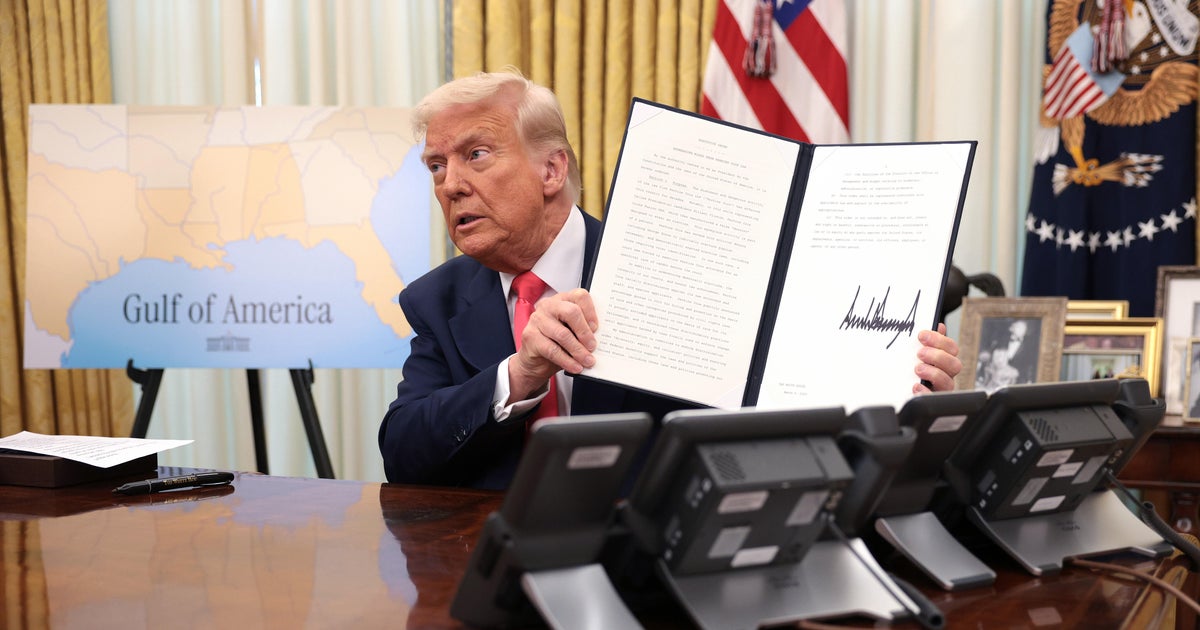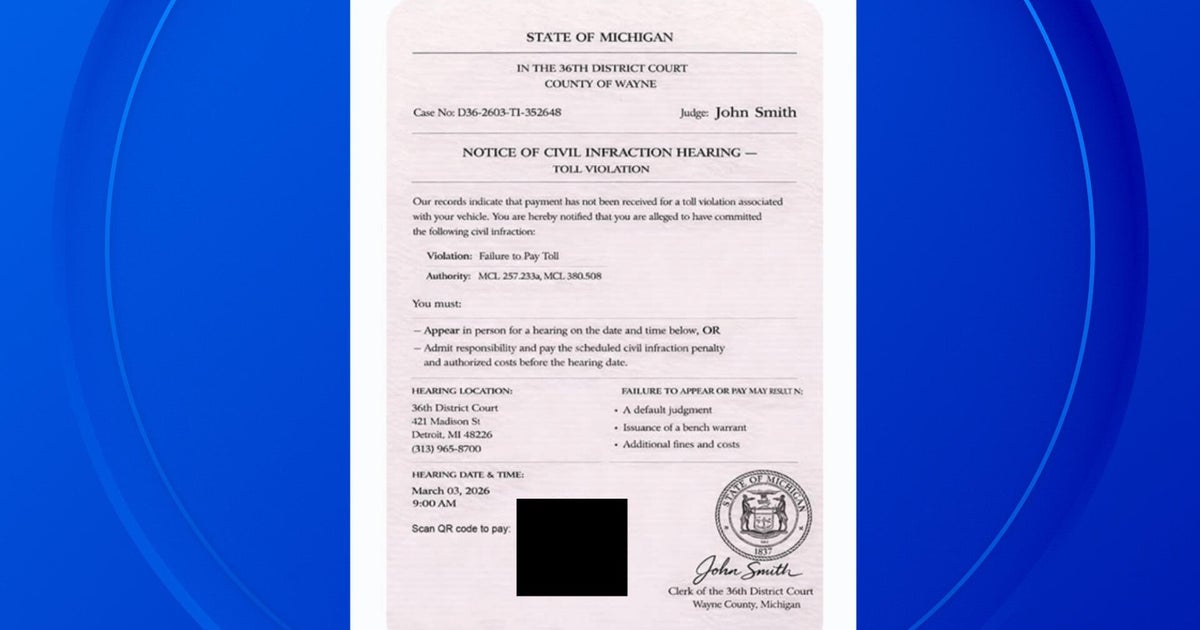Department of Justice accuses Google of monopolizing advertising technology
The Department of Justice and eight states sued Google on Tuesday, claiming the internet giant has an illegal monopoly over online advertising.
It's the fifth federal antitrust suit against the Alphabet-owned company since 2020, when the DOJ sued it over what the government claims is a monopoly in search.
By buying up competitors and steering potential customers to its own products, Google "has corrupted legitimate competition in the ad tech industry," the government said in its complaint. "Google uses its dominion over digital advertising technology to funnel more transactions to its own ad tech products where it extracts inflated fees to line its own pockets at the expense of the advertisers and publishers it purportedly serves," the suit states.
Attorney General Merrick Garland said that Google has "severely weakened" competition in the ad tech industry.
"First, Google controls the technology used by nearly every major website publisher to offer advertising space for sale. Second, Google controls the leading tool used by advertisers to buy that advertising space. And third, Google controls the largest ad exchange that matches publishers and advertisers together each time that ad space is sold," Garland said at a press conference Tuesday.
As a result, he added, "website creators earn less and advertisers pay more." And this means fewer publishers can offer their content without subscriptions, paywalls and other fees to make up for revenue.
The government wants Google to break off Google Ad Manager, which handles the buying and selling of ads and incorporates the exchange where the bidding takes place, from its core business of search, YouTube and other services like Gmail.
The company makes more than 80% of its revenue from advertising, totaling $209 billion in 2021, the most recent year available.
Thwarting the free market?
Tuesday's suit, filed in the Eastern District of Virginia, was joined by the states of California, Colorado, Connecticut, New Jersey, New York, Rhode Island, Tennessee and Virginia.
Google disputes that its advertising practices hurt competition.
"Today's lawsuit from the DOJ attempts to pick winners and losers in the highly competitive advertising technology sector. It largely duplicates an unfounded lawsuit by the Texas attorney general, much of which was recently dismissed by a federal court," the company said in a statement. "DOJ is doubling down on a flawed argument that would slow innovation, raise advertising fees, and make it harder for thousands of small businesses and publishers to grow."
A company spokesman noted that programmatic ads, which are at issue in the DOJ's suit, form a smaller portion of the company's revenue than overall advertising — about 12%.
Antitrust advocates expressed support for the government's latest lawsuit against Google.
"Today's lawsuit by the Department of Justice against Google for the monopolization of advertising will be remembered as one of the most important antitrust cases in American history," Barry Lynn, executive director of Open Markets Institute said in a statement.
Dina Srinivasan, a Yale University fellow and expert in ad tech, told the Associated Press the lawsuit is "huge" because it aligns the federal and state governments in a bipartisan legal offensive against Google.
A complex market
According to research firm Insider Intelligence, Google holds nearly 29% of the U.S. digital advertising market, which includes all the ads people see on computers, phones, tablets and other internet-connected devices. Facebook parent company Meta is second, commanding nearly 20% of the market. Amazon is a distant third at more than 11%.
The government's lawsuit contends that Google takes at least 30 cents of every advertising dollar that flows through its technology, and sometimes much more.
Srinivasan said that was a sign the current online ad market "is broken and totally inefficient." She called it "a massive tax on the free internet and consumers at large," and one that "directly affects the viability of a free press," according to the AP.
As with many highly complex technical markets, it has taken time for federal and state regulators and policymakers to understand the online ad market. Srinivasan noted that it took a decade before they woke up to the perils of high-speed trading in financial markets and began adopting measures to discourage it.
The government's antitrust case could hinge on how the government defines the market for advertising — and whether online ads are a distinct class of ads. Matt Schruers, president of the Computer & Communications Industry Association, said competition for advertising is fierce and the "governments' contention that digital ads aren't in competition with print, broadcast, and outdoor advertising defies reason."
The Associated Press contributed reporting.







